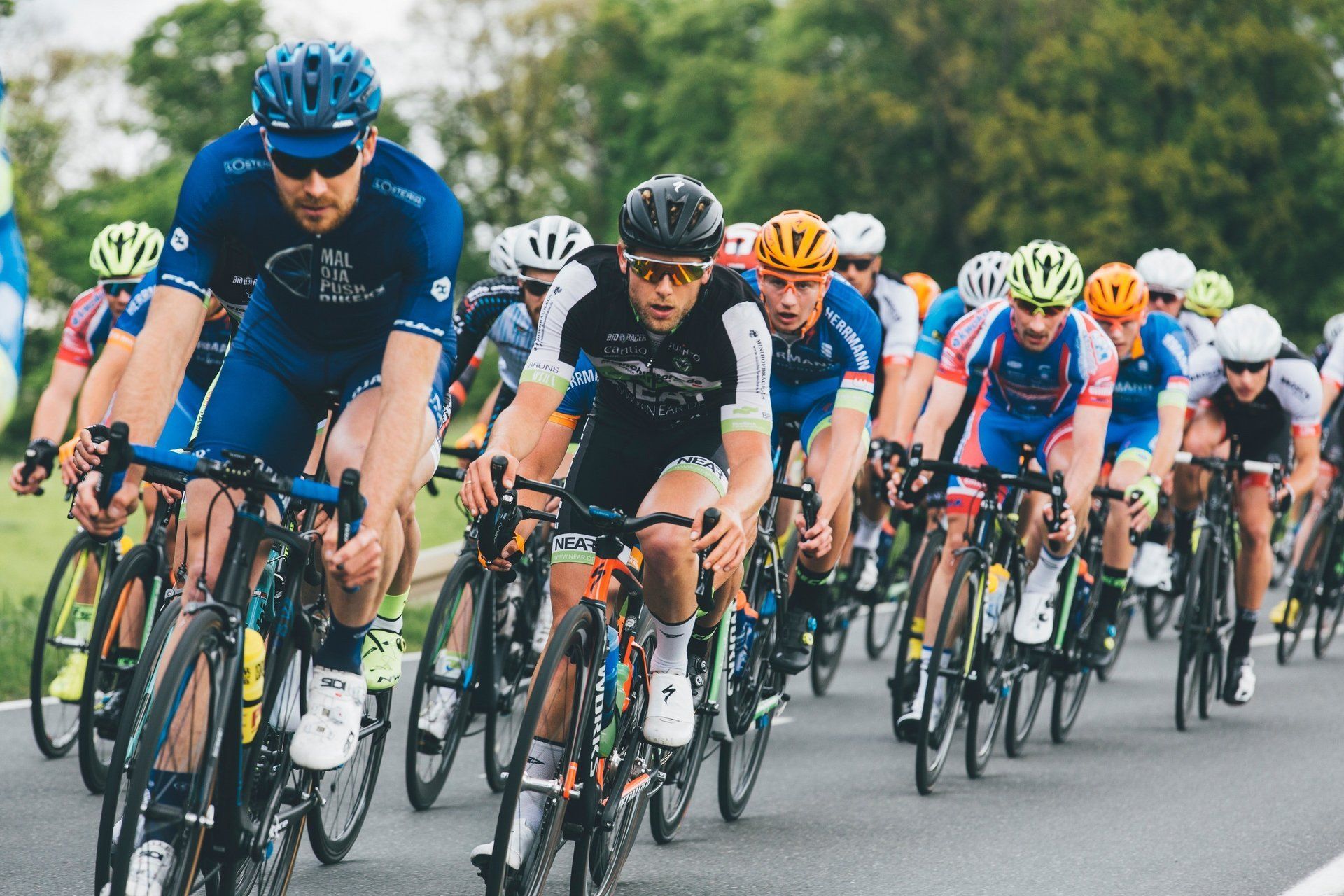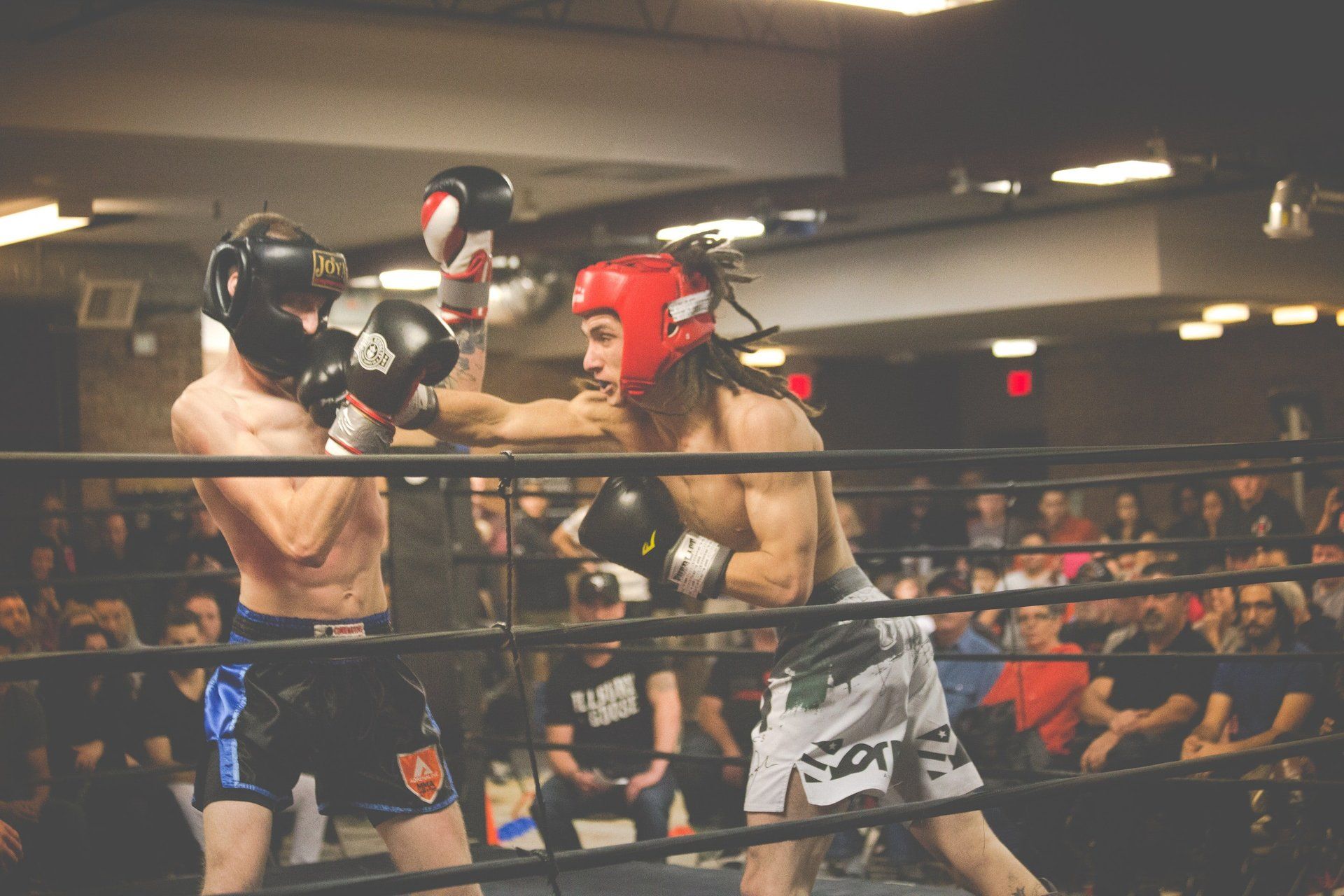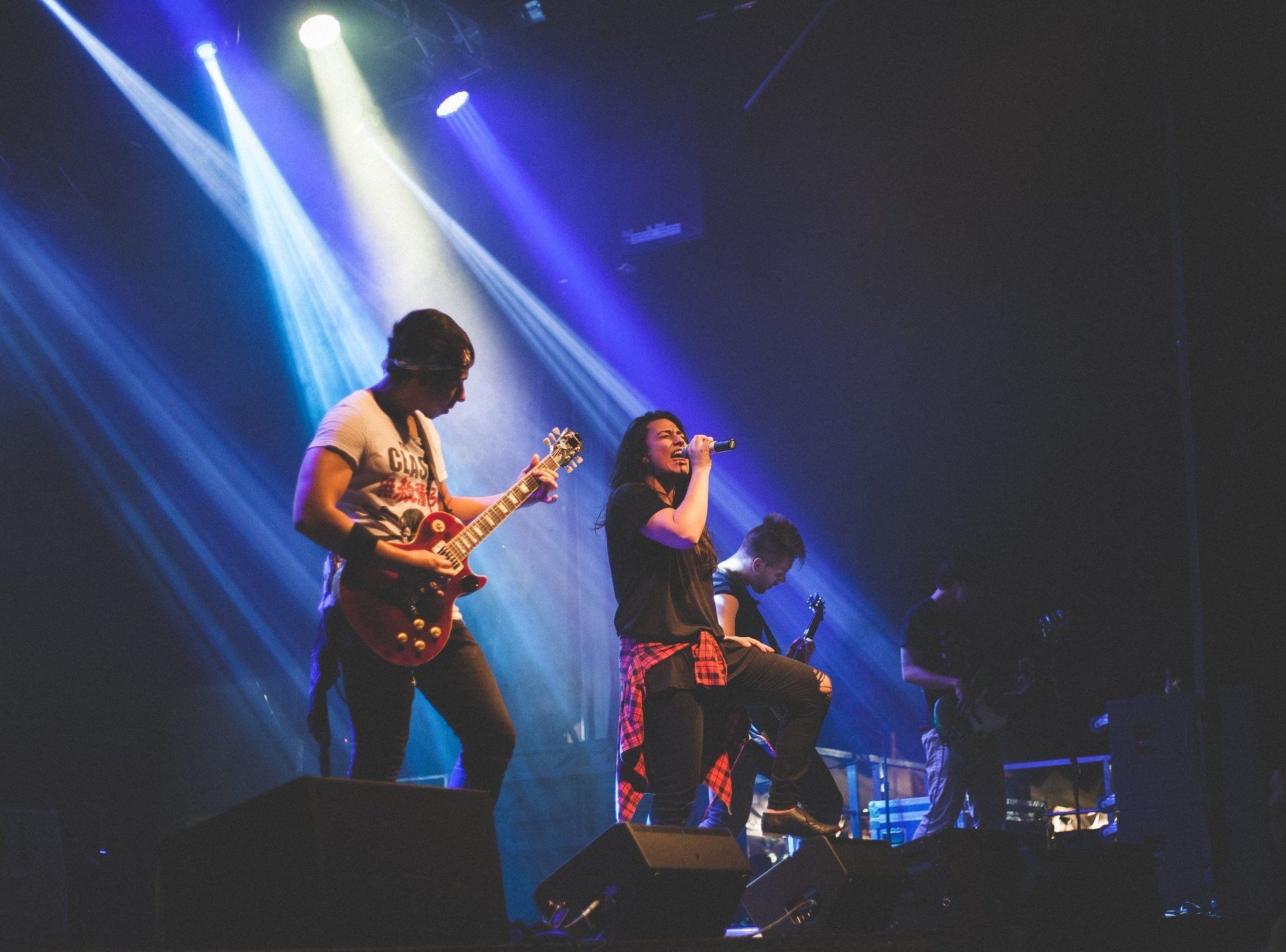Виза P-1 для спортсменов и артистов
Виза P-1 распространяется на иностранцев, которые временно приезжают в Соединенные Штаты для выступления в качестве участника развлекательной группы, которая была признана на международном уровне выдающейся в этой дисциплине в течение длительного и значительного периода времени.
Квалификация
Виза P-1 применяется к вам, если вы временно приезжаете в Соединенные Штаты исключительно с целью выступления на конкретном спортивном соревновании в качестве: индивидуального спортсмена, демонстрирующего международно признанный уровень выступлений; члена группы или команды на международном соревновании. признанный уровень выступлений; Профессиональный спортсмен; или спортсмен или тренер в составе команды или франшизы, расположенной в Соединенных Штатах и являющийся членом иностранной лиги или ассоциации.
Международно признанные спортсмены. Вы должны приехать в Соединенные Штаты для участия в конкретных спортивных соревнованиях по виду спорта, в котором вы признаны на международном уровне. Вы признаетесь на международном уровне, если у вас высокий уровень достижений в спорте, подтвержденный уровнем мастерства и признания, значительно превышающим тот, который обычно встречается. Ваше достижение должно быть известным, ведущим или известным более чем в одной стране. Соревнования, в которых вы хотите принять участие, должны иметь выдающуюся репутацию и требовать участия международно признанных спортсменов. Спортивные команды, признанные на международном уровне. Вы должны приехать в Соединенные Штаты для участия в спортивных соревнованиях с командой, которая как единое целое добилась международного признания в этом виде спорта. Соревнования, в которых участвует ваша команда, должны иметь выдающуюся репутацию и требовать участия международно признанных спортивных команд. Профессиональные спортсмены Вы должны приехать в Соединенные Штаты для работы в качестве спортсмена в: команде, которая является членом ассоциации шести или более профессиональных спортивных команд, общий совокупный доход которых превышает 10 миллионов долларов в год. Ассоциация должна регулировать поведение своих членов и регулировать конкурсы и выставки, в которых регулярно участвуют команды-члены; или любая команда низшей лиги, входящая в такую ассоциацию. Спортсмены или тренеры-любители. Вы должны приехать в Соединенные Штаты, чтобы выступать в качестве спортсмена или тренера в составе команды или франшизы, расположенной в Соединенных Штатах, и являться членом иностранной лиги или ассоциации. Иностранная лига или ассоциация должны соответствовать следующим требованиям: лига или ассоциация должны состоять из 15 или более любительских спортивных команд; Участие в лиге должно временно или навсегда лишить игроков права участвовать в соревнованиях в соответствии с правилами Национальной студенческой спортивной ассоциации, чтобы: Получить спортивную стипендию в колледже или университете США; или участвовать в спортивных состязаниях в колледже или университете США; Лига или ассоциация должны иметь высший уровень любительской деятельности в этом виде спорта в соответствующей зарубежной стране; и Значительное количество людей, которые играют в лиге или ассоциации, выбраны крупной спортивной лигой или филиалом низшей лиги. Театральные фигуристы Вы должны приехать в Соединенные Штаты для участия в определенной театральной постановке или турне по фигурному катанию в качестве профессионального спортсмена или спортсмена-любителя, выступающего индивидуально или в составе группы. Источник: uscis.gov
Наши иммиграционные адвокаты имеют большой опыт работы в иммиграционном законодательстве и могут гарантировать вам компетентное и эффективное юридическое представительство при получении законной неиммиграционной визы. Запишитесь на прием онлайн (лично или по телефону), чтобы узнать больше о том, как вы можете получить неиммиграционную визу и работать в Соединенных Штатах.
Вопросы
По любым дополнительным вопросам вы можете связаться с нашим офисом, записавшись к нам на прием.
Сообщения в блоге
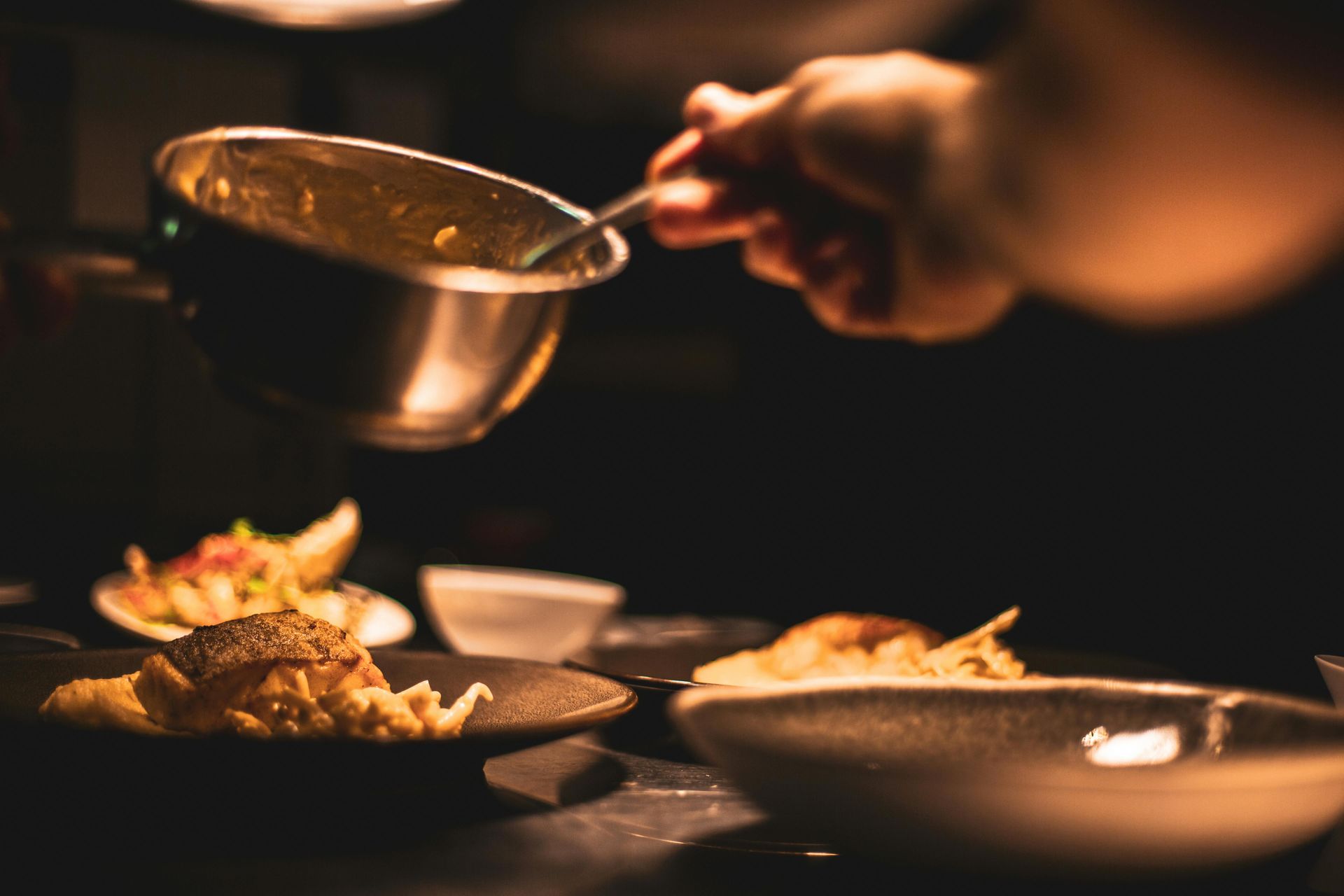
If you've made it to the United States as a culinary professional—perhaps on an O-1B visa that recognizes your extraordinary talent, or a P-3 visa for sharing your rich culinary heritage—congratulations! You’ve already proven yourself as a standout in your craft. But what if we told you that your journey doesn’t have to end when your temporary visa does? In fact, your current status could be the perfect stepping stone to something much more lasting: a green card through the EB-1A category. The EB-1A visa is a first-preference employment-based immigrant visa, designed for individuals with “ extraordinary ability ” in fields such as the arts, sciences, education, business, or athletics. And yes—culinary arts absolutely count. The key is demonstrating that your skills have risen to the very top of your field. If you've already gone through the O-1 or P-3 process, you're likely well on your way . Here’s the good news: much of the evidence used to obtain your O-1B or P-3 visa can be repurposed for your EB-1A petition . Awards, press features, expert testimonials, and proof of your work in prestigious kitchens or at cultural events—they're all valuable again. But what’s even more exciting is that everything you’ve accomplished while in the U.S. on your temporary visa—whether launching a signature tasting menu, starring in a food documentary, or leading culinary workshops—can now be used to further strengthen your case. According to USCIS, EB-1A applicants must meet at least three of ten criteria unless they’ve received a major internationally recognized award. These criteria include things like published material about your work, original contributions of major significance, high salary, and a critical role in distinguished organizations. For many chefs, especially those who’ve thrived in the U.S. hospitality scene, it’s absolutely achievable with the right guidance. What sets the EB-1A apart is that it does not require an employer sponsor . That’s right—you can self-petition! This means your culinary career can be as flexible and entrepreneurial as you want it to be, whether that means opening your own restaurant, expanding into media, or continuing to cook your way into America’s heart. Even better? It can be one of the fastest paths to a green card available. With premium processing, your I-140 petition can be adjudicated within just 15 business days. And if your country’s EB-1 visa category is current on the visa bulletin at the time of approval, you may be eligible to file your green card application immediately. This combination of speed, autonomy, and flexibility makes EB-1A an incredibly attractive next step in your immigration journey. At Santos Lloyd Law Firm, we love helping creative professionals take their next big step. If you’ve already wowed the world with your cuisine, the EB-1A may be your opportunity to stay and make your mark for good. Contact us today to find out if the EB-1A is the next right step for you!
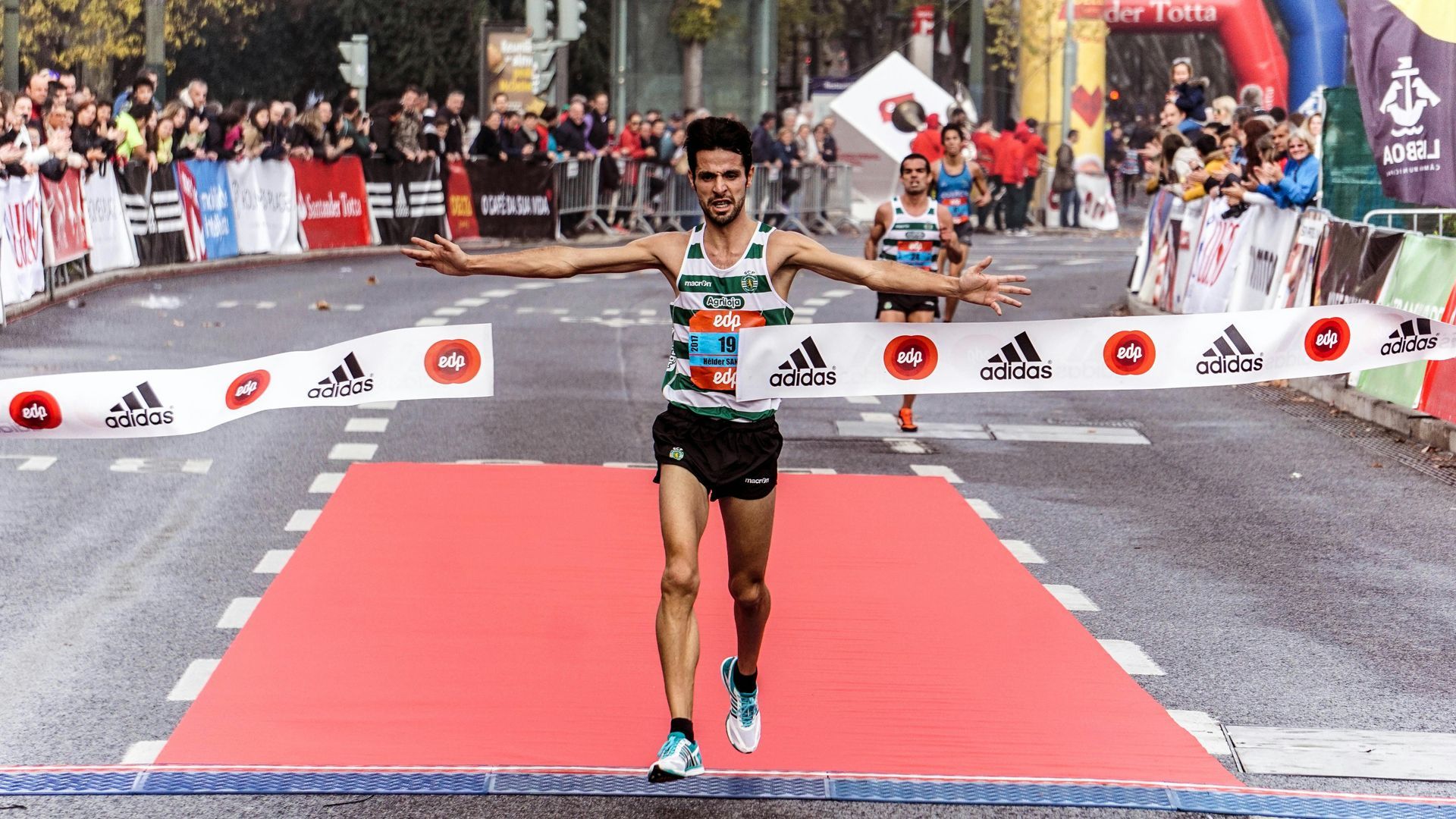
The United States has long been a destination for the world’s most talented athletes—not only to compete at the highest level, but to access world-class training, coaching opportunities, and long-term career prospects. Whether on the field, in the ring, or across the chessboard, athletes from across the globe are finding immigration pathways that allow them to pursue their athletic and professional goals in the U.S. U.S. immigration law offers several visa and green card options designed specifically for individuals with extraordinary athletic talent. These include the P-1A visa for internationally recognized athletes, the O-1A visa for individuals of extraordinary ability, and the EB-1A immigrant petition, which can lead to permanent residency and ultimately, U.S. citizenship. The P-1A visa is commonly used by professional athletes coming to the U.S. to compete in a specific event or season. This applies not only to individual athletes but also to members of teams or clubs recognized internationally. It is widely used by soccer players, basketball players, MMA fighters, Brazilian Jiu-Jitsu competitors, and even elite chess players. Athletes must demonstrate a high level of international recognition and a record of performance in their sport. The O-1A visa is a strong option for coaches who demonstrate extraordinary ability, typically evidenced by championship titles, sustained winning records, or recognition as integral to their team’s success. To qualify, a coach must establish that their expertise places them among the small percentage of top professionals in their field. For athletes seeking permanent status in the U.S., the EB-1A immigrant petition —often referred to as the “extraordinary ability green card”—provides a direct path to lawful permanent residency. It requires clear documentation that the individual is among the very best in their sport and has achieved sustained national or international success. Unlike other green card categories, the EB-1A does not require employer sponsorship and can be self-petitioned. This has become a common path for MMA world champions, BJJ black belt medalists, Olympic athletes, and chess grandmasters—many of whom now represent the U.S. at the highest levels of international competition. It’s important to note that U.S. immigration law defines “athlete” broadly. Whether you are a professional football player in Europe, a sprinter from the Caribbean, a judoka, a gymnast, or a grandmaster in chess, your achievements may qualify under these categories if they are properly documented and presented. The key is a consistent record of excellence and recognition in your sport on a national or international scale. Our office specializes in these types of immigration matters. Whether you are an individual athlete looking to relocate or an organization seeking to bring international talent to your roster, we offer tailored legal strategies to support your goals. If you are exploring options to compete, train, or build your future in the U.S., we’re here to help you take the next step.
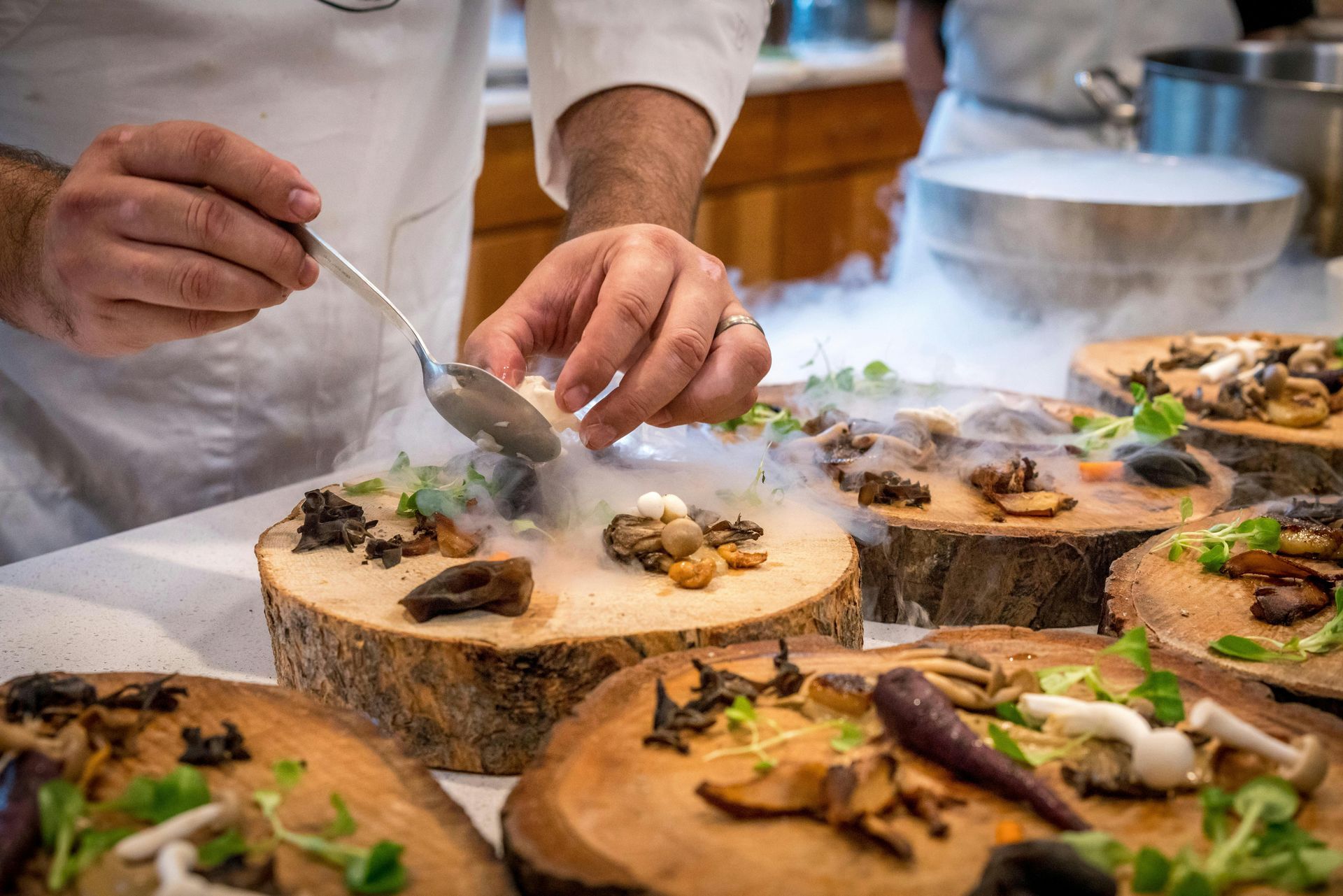
If you’ve ever dreamed of bringing your culinary artistry to the United States —whether as a chef in a high-end kitchen, a pastry artisan designing edible masterpieces, or a baker introducing centuries-old family recipes to American diners—there may be a visa that fits you as well as your favorite apron. In the vibrant world of U.S. immigration, two options shine particularly bright for culinary professionals: the O-1B and the P-3 visa. While many assume these are only for Hollywood stars or folk musicians, the reality is that they’ve opened doors for creative professionals across fields—including those whose medium is flavor. Let’s start with the O-1B visa . This visa is for individuals with “extraordinary ability” in the arts, which USCIS defines as someone who has achieved distinction through national or international acclaim. Think of it as a spotlight on your achievements—whether you’ve been featured in culinary magazines, headlined food festivals, worked in renowned kitchens, or garnered praise from respected critics and chefs. You don’t need a Michelin star (though it doesn’t hurt)—you just need to prove that your skill and reputation put you in a class above the rest. With this visa, you can work in the U.S. for up to three years, with the possibility of extensions if you're still cooking up success. Now, if your passion lies in preserving and sharing your cultural heritage through cuisine, the P-3 visa may be the better fit. Designed for artists and entertainers coming to the U.S. to perform, teach, or coach as part of a “culturally unique” program, the P-3 visa is perfect for chefs trained in traditional methods who want to introduce authentic ethnic flavors to American tables. For example, a Japanese sushi master teaching regional techniques at culinary schools, a French chef recreating the rustic dishes of Provence in a farm-to-table restaurant in California, or an Italian baker bringing regional specialties like Sicilian cassata or Roman maritozzi to a bakery in Brooklyn. According to USCIS, the program must aim to “further the understanding or development of your art form,” and can be commercial or noncommercial in nature. The visa lasts for one year, with extensions available. So why are these options such a win for culinary professionals? For one, they bypass the long timelines and complexities of labor certification. They’re faster, more affordable, and allow your talent—or your tradition—to speak for itself. In an era where Americans are increasingly craving authentic global flavors, having a native expert in the kitchen isn’t just a trend—it’s an experience. And the U.S. immigration system is catching on. At Santos Lloyd Law Firm, we’ve helped countless culinary professionals find the right visa to match their dreams. Whether your story is written in saffron and smoke or flour and sugar, we’re here to help you bring it to life in the United States. Ready to take your career stateside? Contact us to get started—because your next chapter may be just one visa away.




